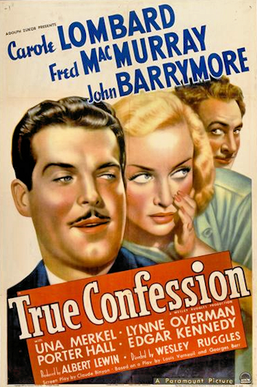Julian Marsh: Warner Baxter
Dorothy Brock: Bebe Daniels
Peggy Sawyer: Ruby Keeler
Billy Lawler: Dick Powell
Abner Dillon: Guy Kibbee
Lorraine Fleming: Una Merkel
Ann Lowell: Ginger Rogers
Pat Denning: George Brent
Thomas Barry: Ned Sparks
Director: Lloyd Bacon
Screenplay: Rian James, James Seymour
Based on a novel by Bradford Ropes
Cinematography: Sol Polito
Art direction: Jack Okey
Songs: Al Dubin, Harry Warren
Costume design: Orry-Kelly
Choreography: Busby Berkeley
42nd Street is only mildly naughty, bawdy, or sporty, as the lyrics of Al Dubin and Harry Warren's title song would have it, but once Busby Berkeley takes over to stage the three production numbers at the movie's end, it is certainly gaudy. What naughtiness and bawdiness it contains would not have been there at all once the Production Code went into effect a year or so later. It's doubtful that Ginger Rogers's character would have been called "Anytime Annie" once the censors clamped down, or that anyone would say of her, "She only said 'no' once and then she didn't hear the question." Or that it would be so clear that Dorothy Brock is the mistress of foofy old moneybags Abner Dillon. Or that there would be so many crotch shots of the chorus girls, including the famous tracking shot between their legs in Berkeley's "Young and Healthy" number. Although it's often remembered as a Busby Berkeley musical, it's mostly a Lloyd Bacon movie, and while Bacon is not a name to conjure with these days, he does a splendid job of keeping the non-musical part of the film moving along satisfactorily. It helps that he has a strong lead in Warner Baxter as the tough, self-destructive stage director Julian Marsh, balanced by such skillful wisecrackers as Rogers, Una Merkel, and Ned Sparks. But it's a blessing that this archetypal backstage musical became a prime showcase for Berkeley's talents. Dick Powell's sappy tenor has long been out of fashion, and Ruby Keeler keeps anxiously glancing at her feet while she's dancing, but Berkeley's sleight-of-hand keeps our attention away from their faults. Nor does anyone really care that his famous overhead shots that turn dancers into kaleidoscope patterns would not be visible to an audience in a real theater. In the "42nd Street" number, Berkeley also introduces his characteristic dark side: Amid all the song and dance celebrating the street, we witness a near-rape and a murder. It's a dramatic twist that Berkeley would repeat with even greater effect in his masterpiece, the "Lullaby of Broadway" number from
Gold Diggers of 1935. Berkeley's serious side, along with the somewhat downbeat ending showing an exhausted Julian Marsh, alone and ignored amid the hoopla, help remind us that the studio that made
42nd Street, Warner Bros., was also known for social problem movies like
I Am a Fugitive From a Chain Gang (Mervyn LeRoy, 1932) and the gangster classics of James Cagney, Humphrey Bogart, and Edward G. Robinson.



